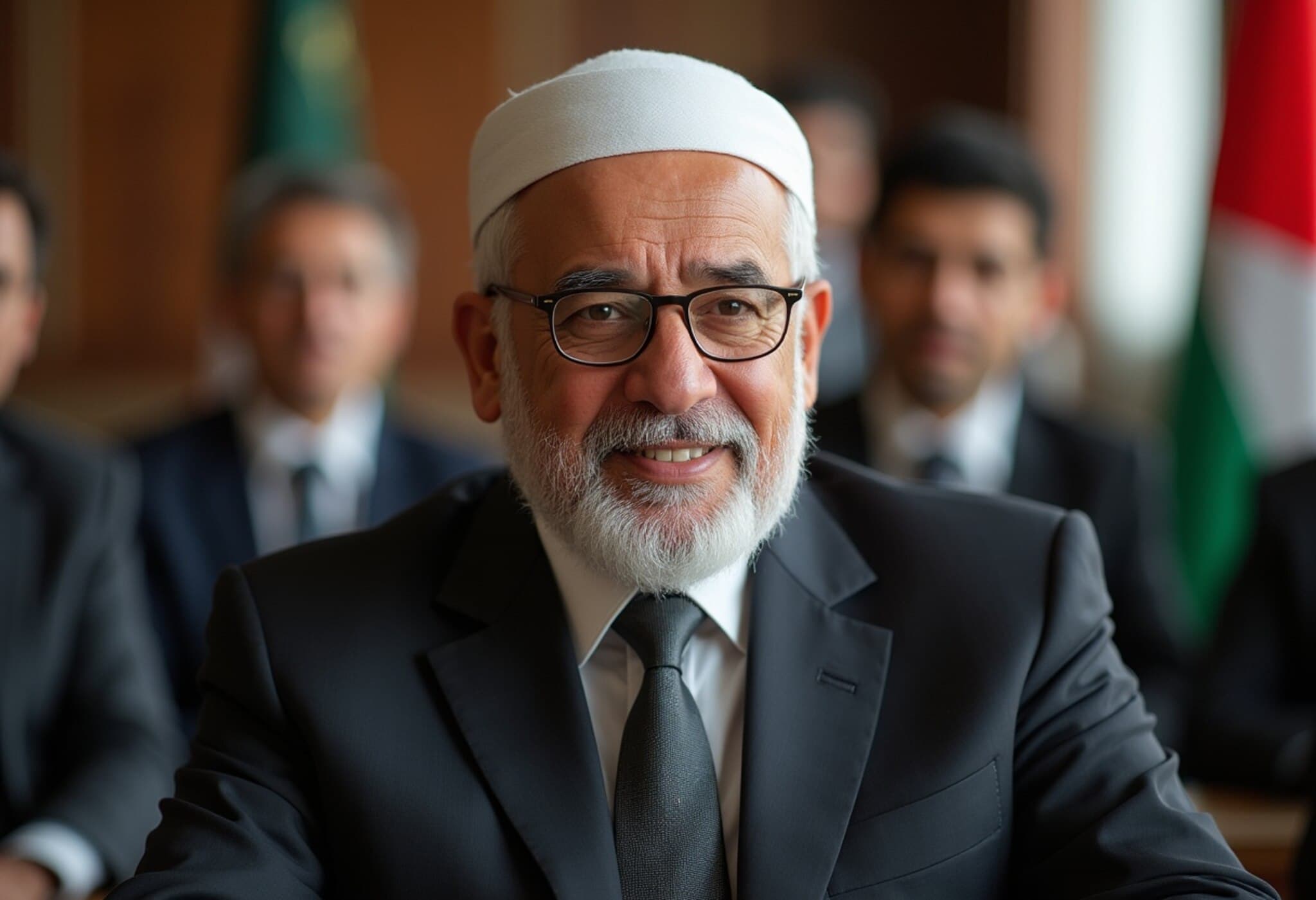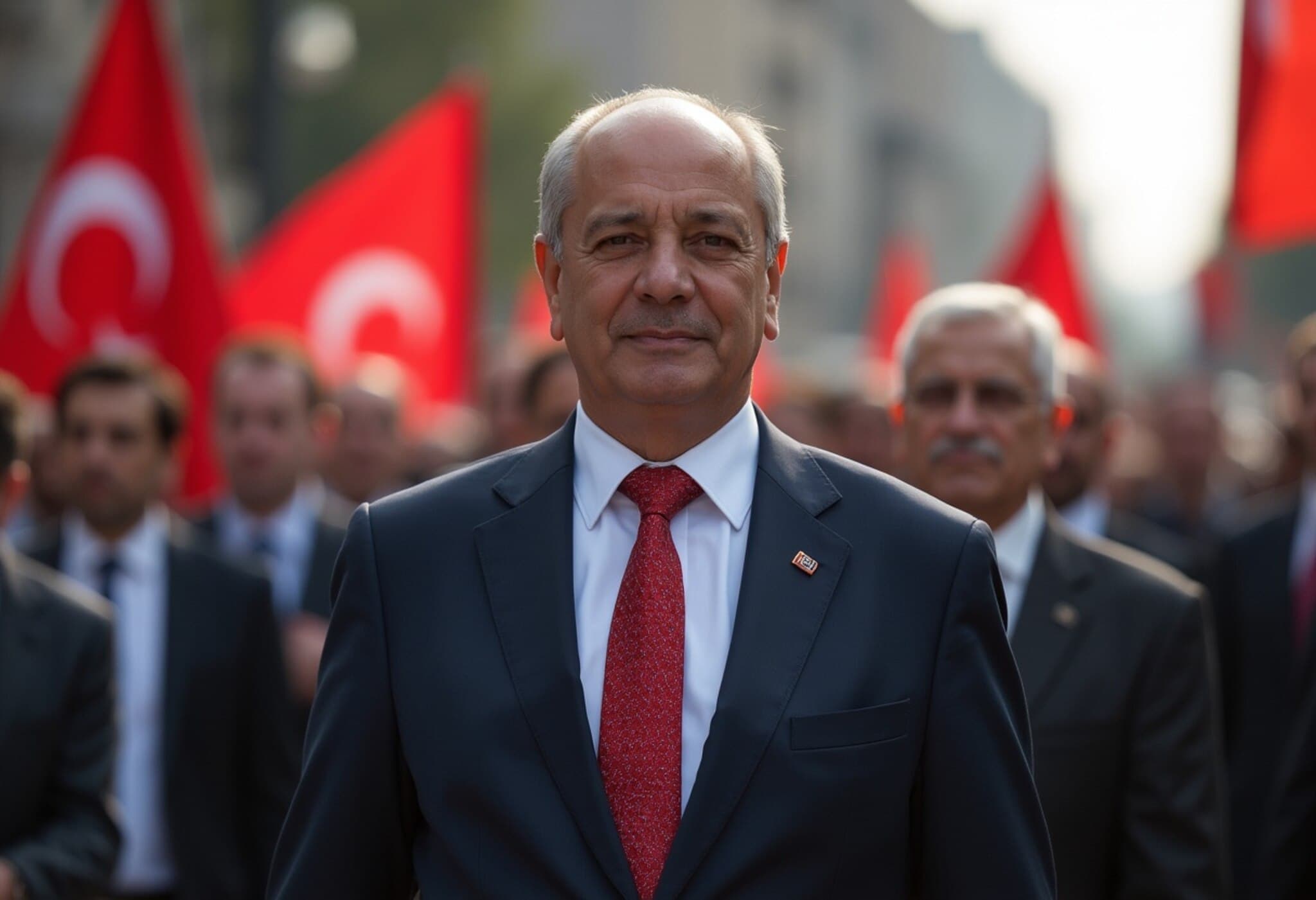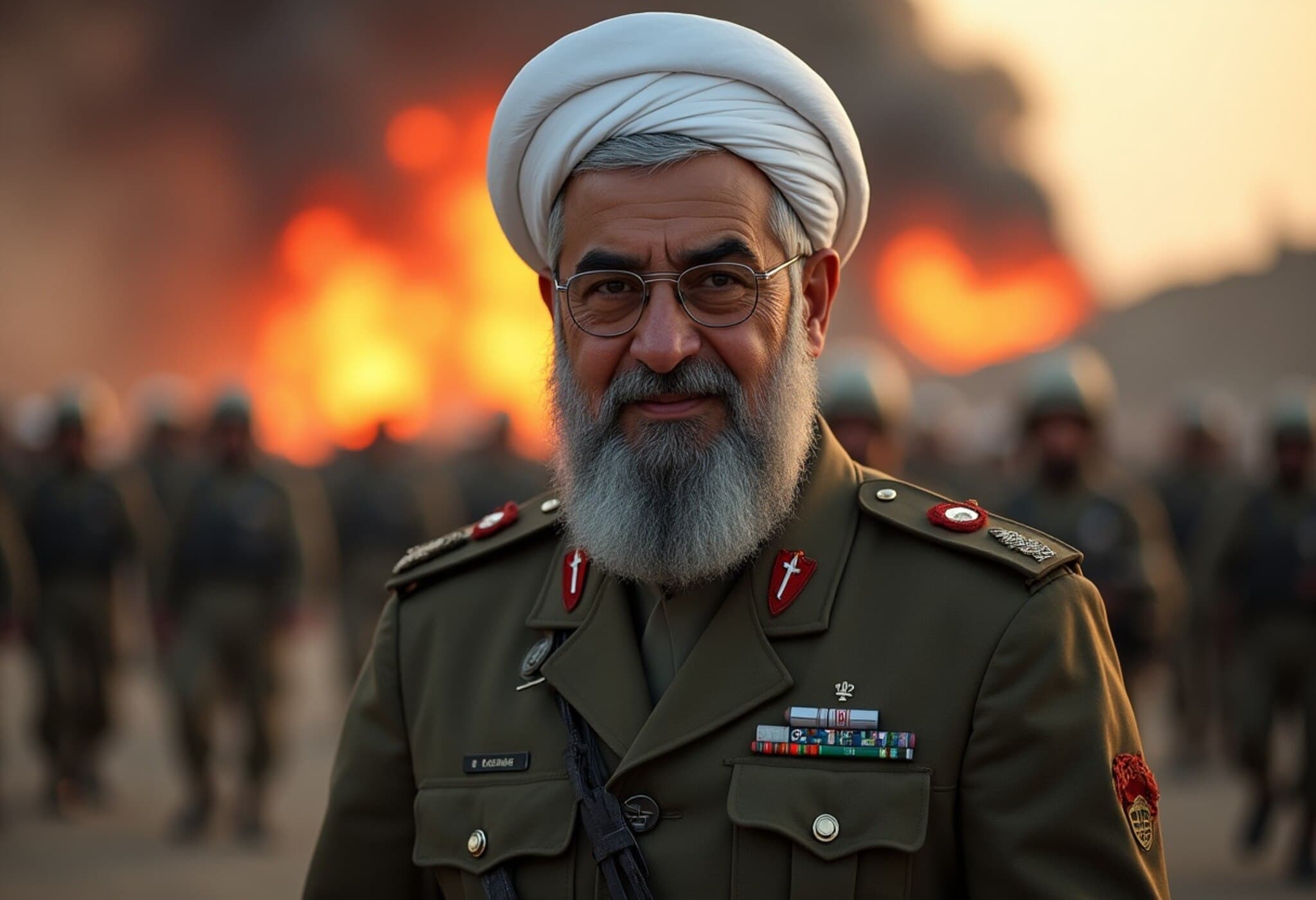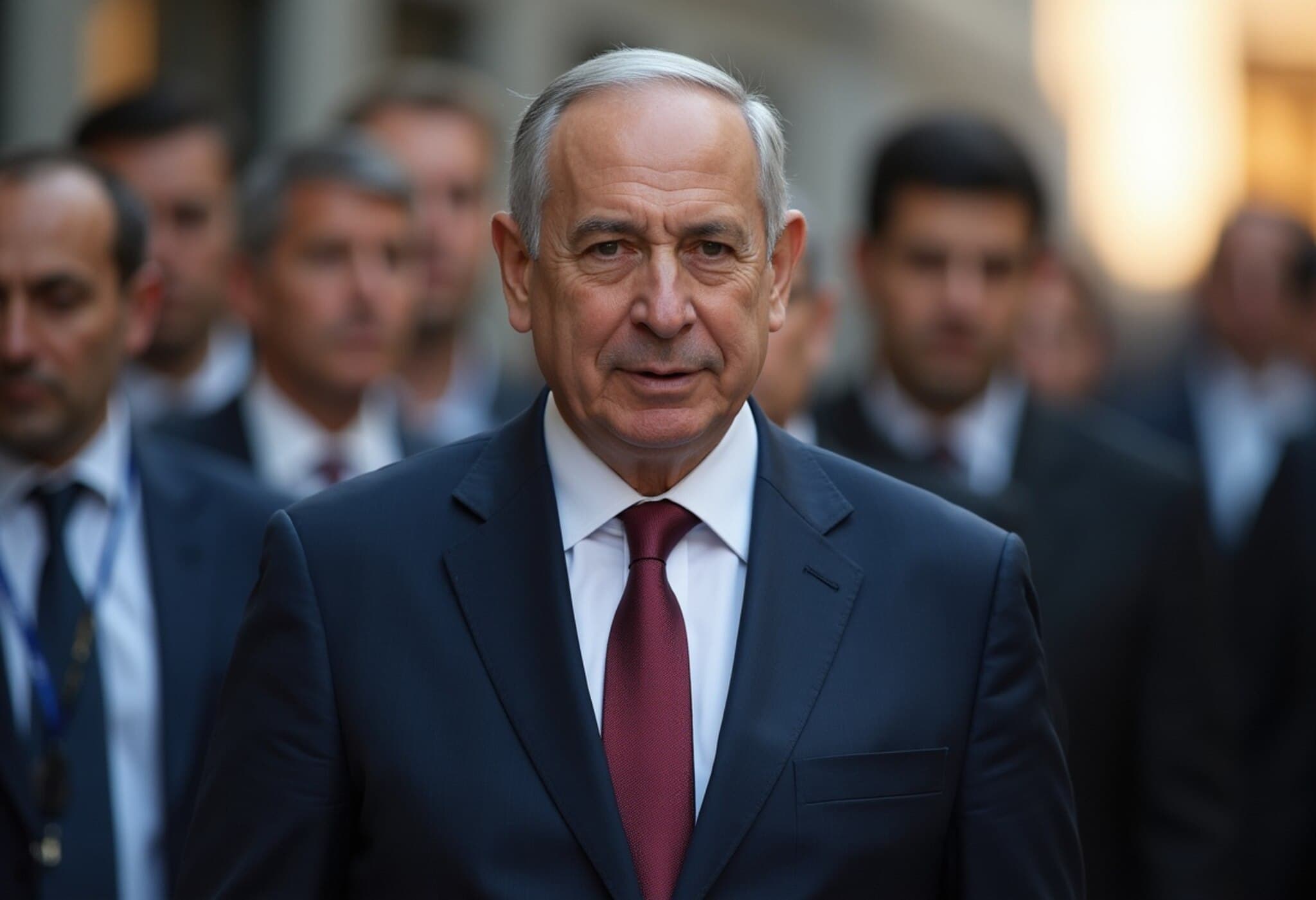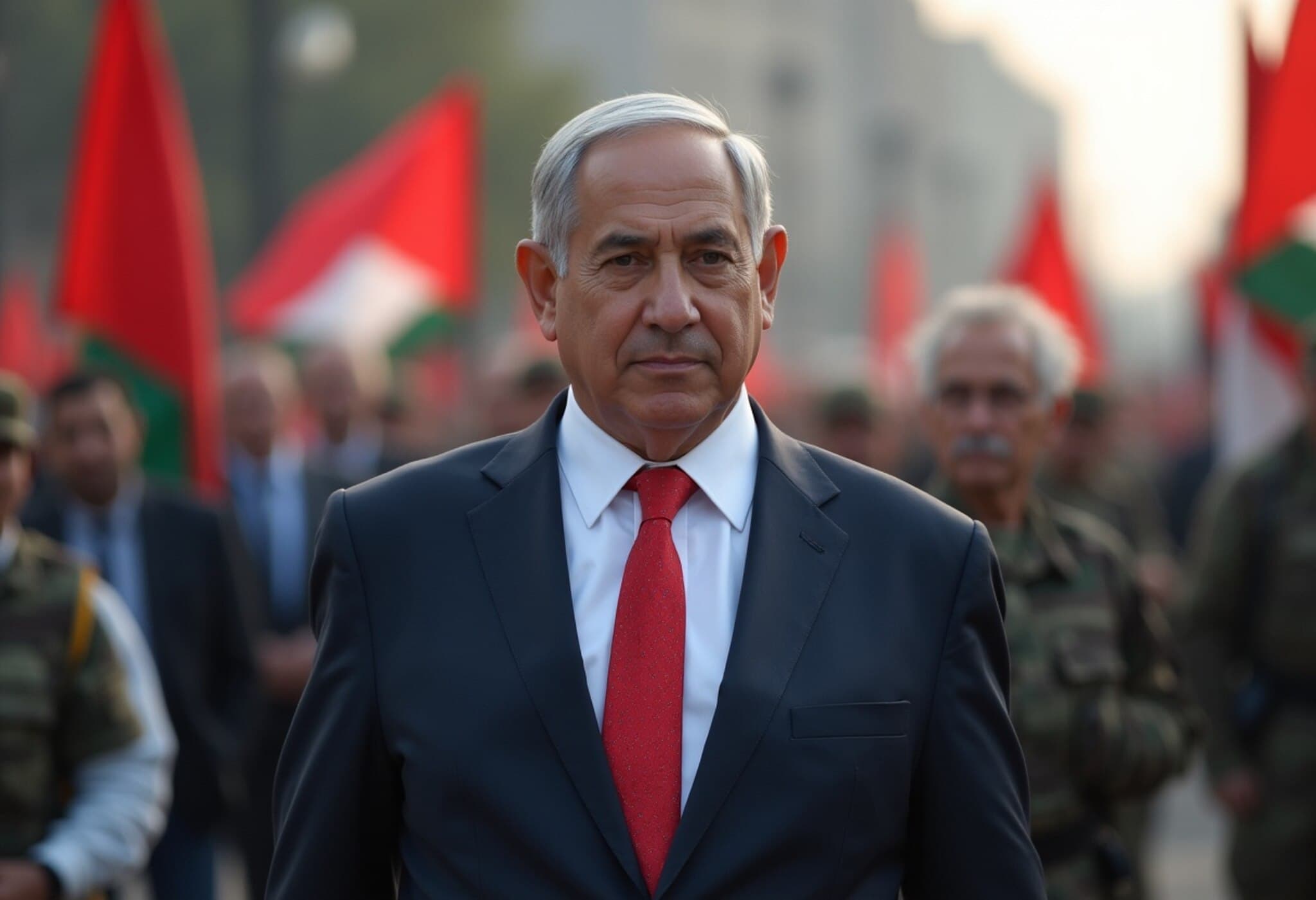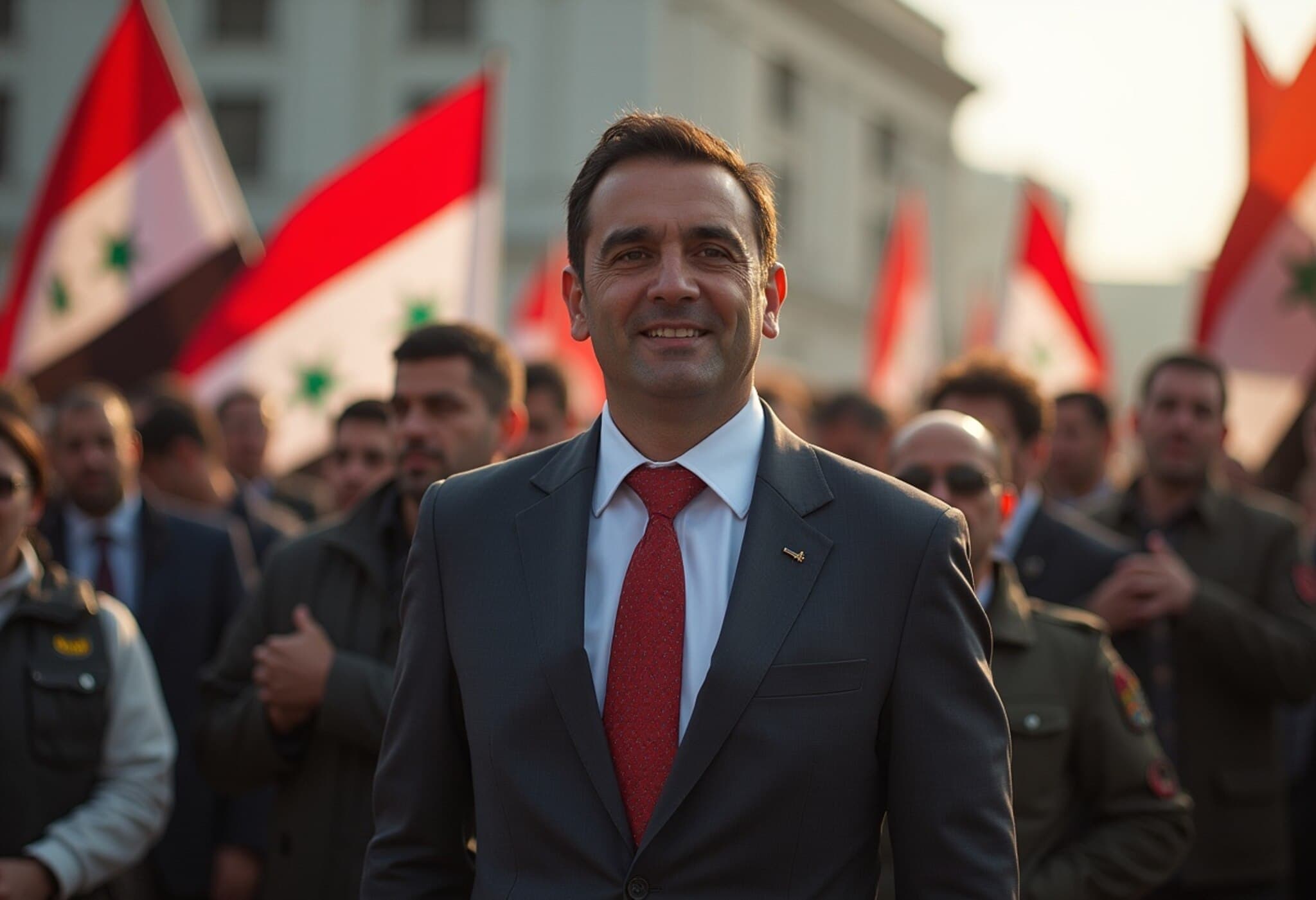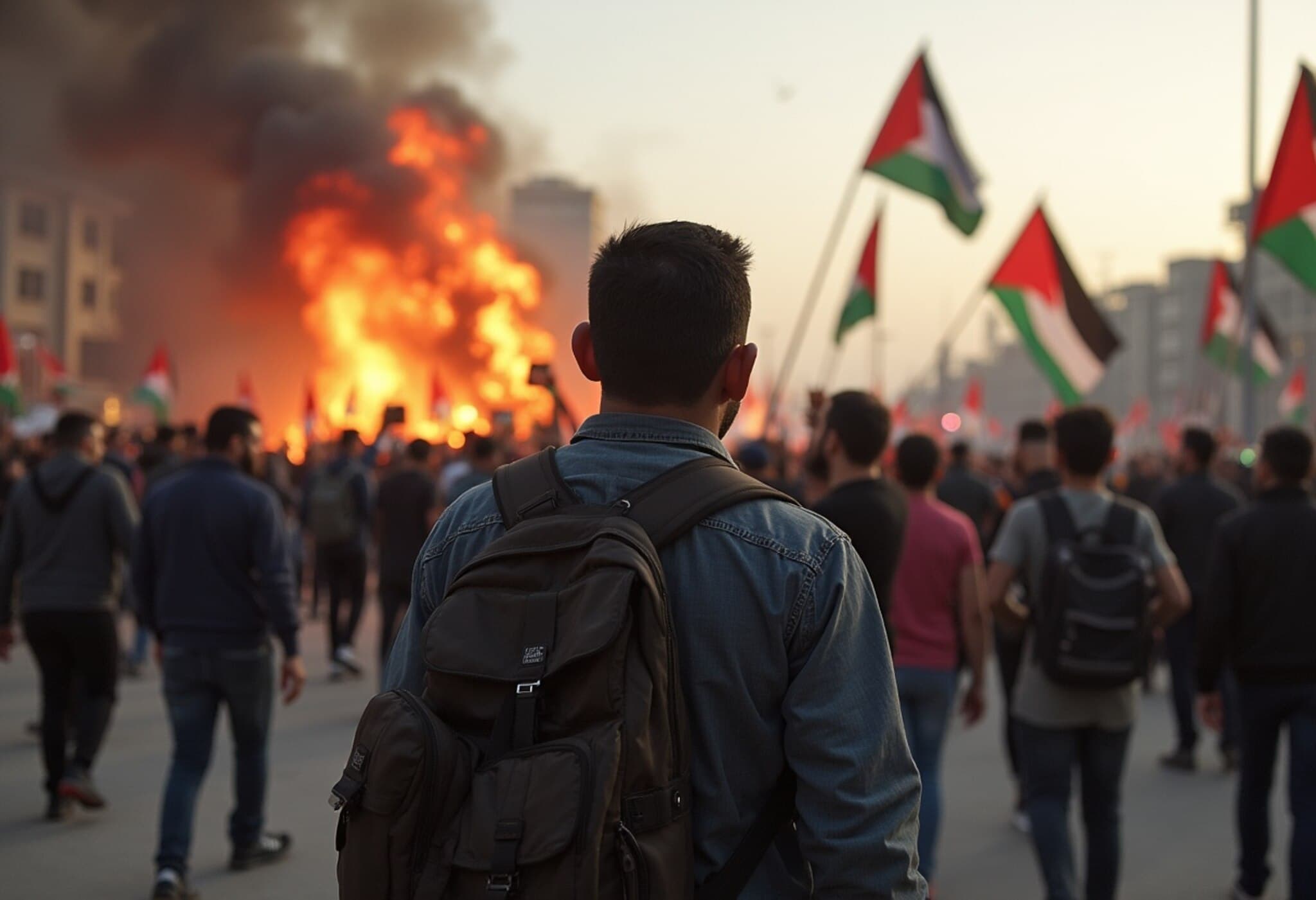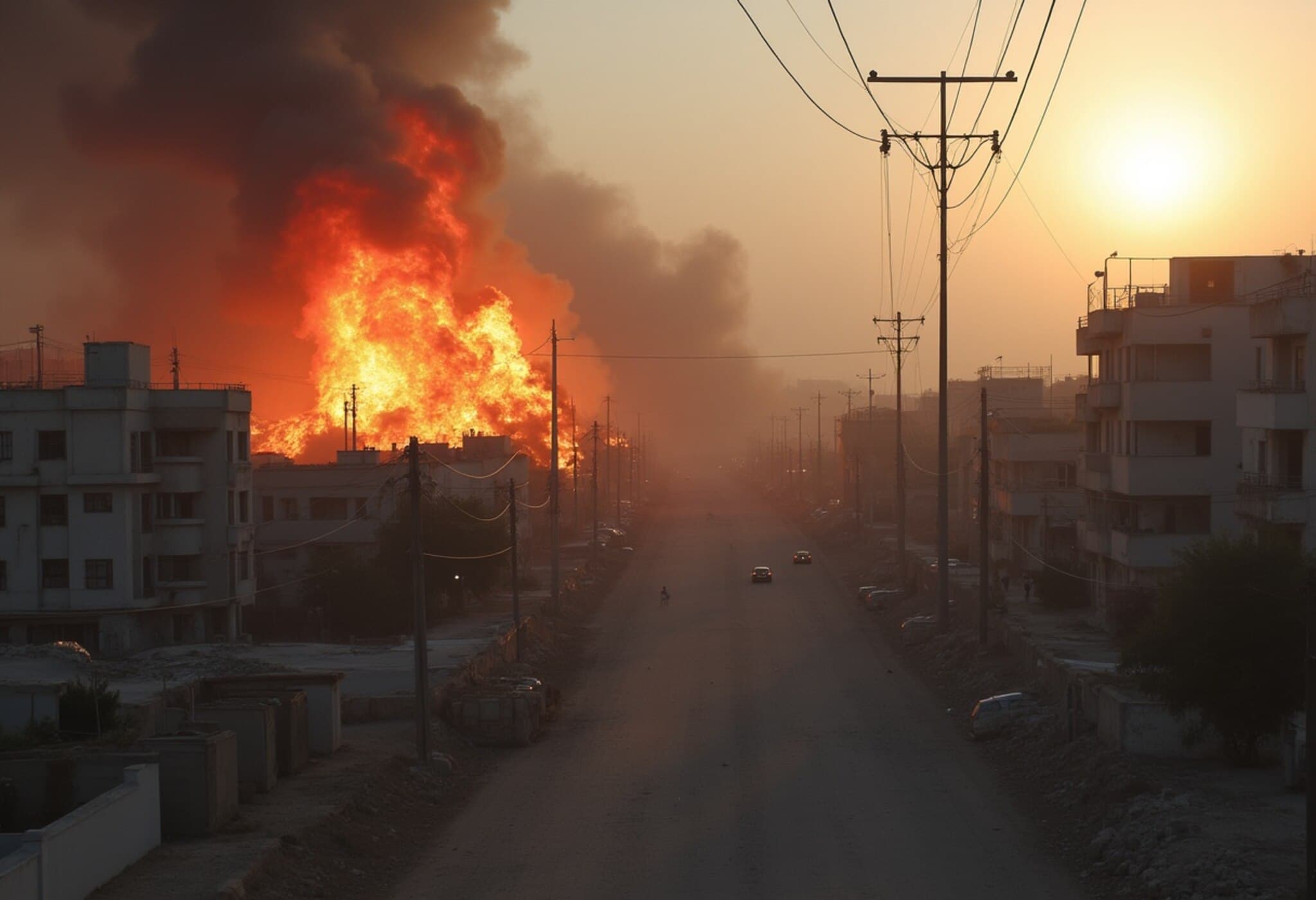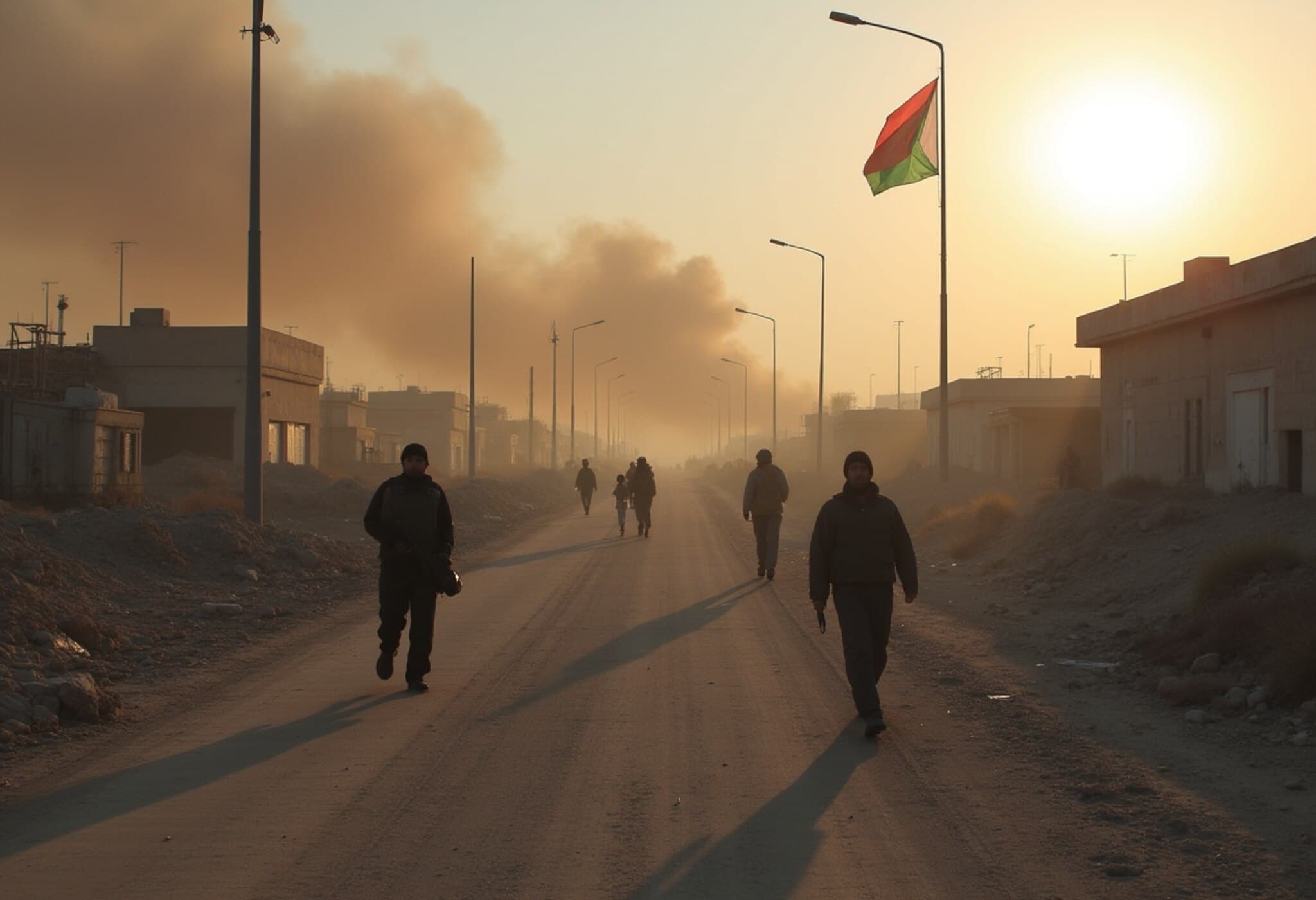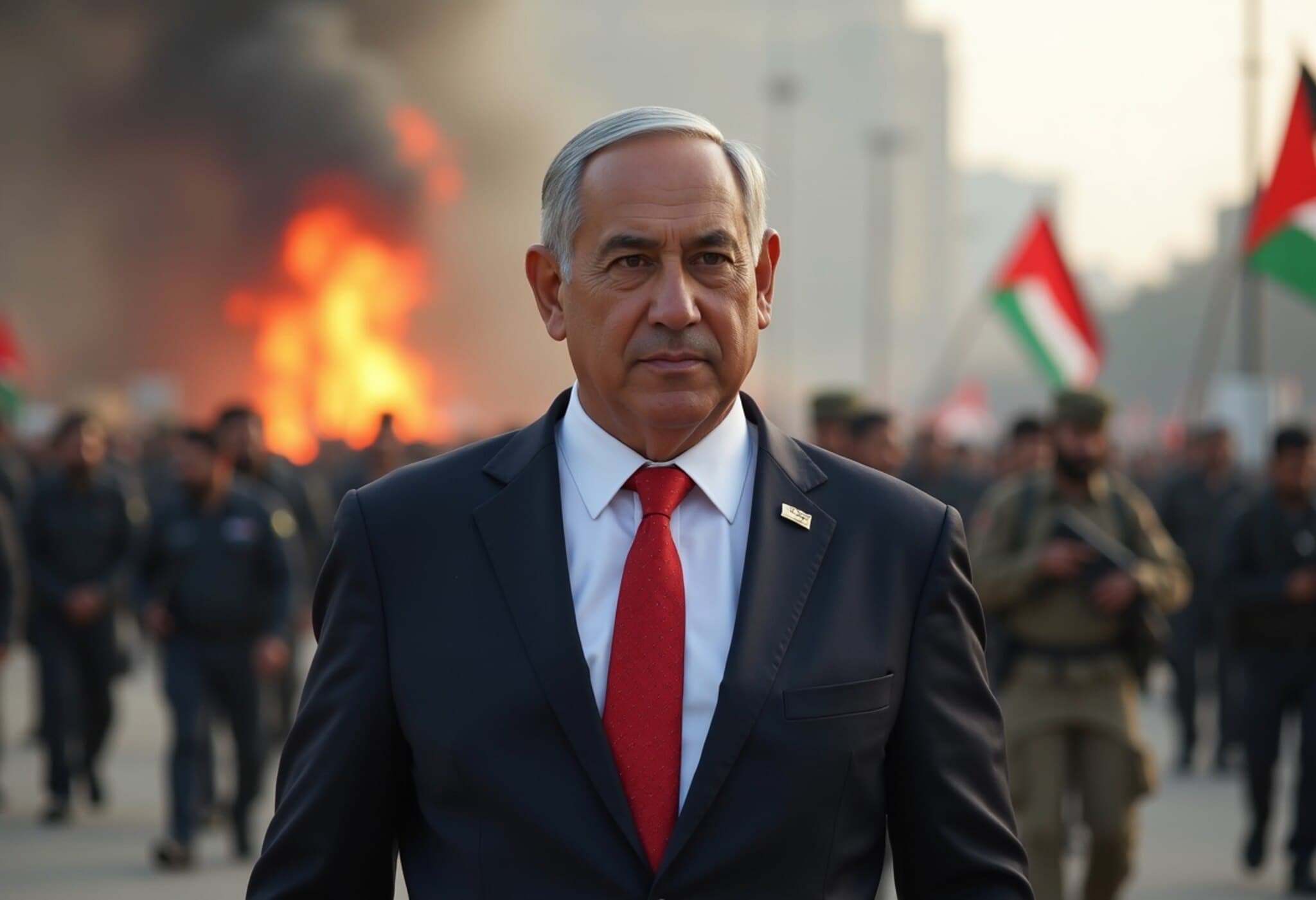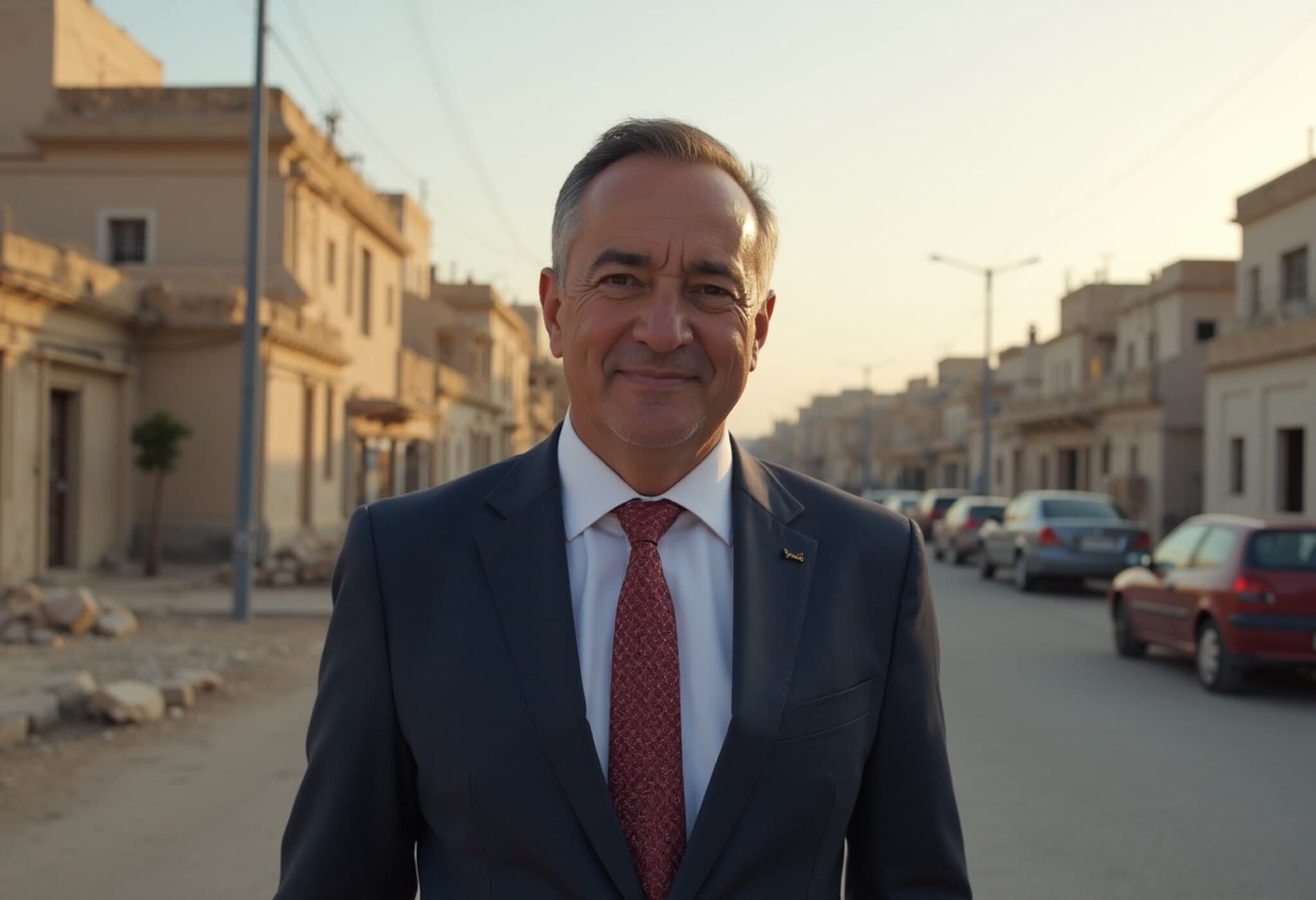Mahmoud Abbas: Palestine’s Enduring yet Contested Leader
Mahmoud Abbas, the longstanding president of the Palestinian Authority, once epitomized hope for an independent Palestinian state. His role in the 1990s peace process brought Palestinians closer than ever to the elusive two-state solution with Israel. However, decades later, Abbas faces growing skepticism from Palestinians and international observers alike, as questions mount about his relevance, leadership style, and the future direction of Palestinian governance.
The Complex Legacy of a Peace Process Architect
Abbas’s prominence emerged amidst historic efforts to negotiate peace between Israel and the Palestinians. He was a key architect of the Oslo Accords, signed in 1993 in a ceremony that drew global attention, raising hopes for coexistence and sovereignty for Palestinians in the West Bank and Gaza.
Yet, the optimism was short-lived. The peace talks eventually stagnated, stalled by entrenched opposition on both sides, internal Palestinian factionalism, and cycles of violence. Abbas’s presidency, which began officially in 2005 after Yasser Arafat’s death, has been marked by persistent challenges, including a growing divide between Fatah, his party, which controls the West Bank, and Hamas, which governs Gaza.
From Hope to Disillusionment
- Popularity Decline: According to a 2024 survey by the Al Habtoor Research Centre, 59% of Palestinians in the West Bank and East Jerusalem expressed disapproval of Abbas’s leadership.
- Allegations of Corruption and Inefficiency: Widespread protests, including those sparked by the death in custody of activist Nizar Banat in 2021, underscored public frustration with Abbas’s administration.
- This erosion of trust coincides with Abbas’s advancing age: Now approaching 90, concerns about his capacity to steer the Palestinian cause are intensifying.
Political Turbulence: Abbas’ Waning Authority
Compounding these challenges is the enduring rift between Abbas’s Fatah and Hamas, the Islamic militant faction that has governed Gaza since 2007 following its electoral victory in 2006. Abbas has repeatedly condemned Hamas, underscoring the division that fragments Palestinian political unity.
In public rhetoric, Abbas continues to assert commitments aligned with the international consensus, including demilitarization, holding elections, and recognizing Israel’s right to exist. His phone call with Australian Prime Minister Anthony Albanese in 2025 highlighted these stances and indicated an ongoing desire to engage diplomatically, even as his leverage remains limited.
Controversies and Credibility Issues
Despite his status, Abbas’s credibility has been periodically undermined by contentious statements. Notably, in 2023, he attracted widespread criticism for antisemitic remarks about Adolf Hitler’s motivations, an episode that revived accusations of Holocaust denial tied to his doctoral thesis. Such controversies complicate his image as a moderate and pragmatic leader, especially in the context of an already fraught Israeli-Palestinian narrative.
Out of Arafat’s Shadow: Abbas’ Historical Standing
Born in Safad in 1935, Abbas is a member of the generation marked by the 1948 Arab-Israeli war and Palestinian displacement. As a founding figure of Fatah and a veteran PLO operative, he represents a direct link to the formative struggles of the Palestinian national movement.
Nevertheless, Abbas has often struggled to escape the immense shadow cast by his predecessor, Yasser Arafat. Unlike Arafat’s charismatic and often unilateral leadership, Abbas has been seen as more bureaucratic and less inspirational, a perception that has implications for his ability to unify a fragmented Palestinian polity.
Future Prospects: The Road Ahead for Palestinian Leadership
With his health increasingly in question and no Palestinian elections held since 2006, Abbas’s tenure faces unprecedented uncertainty. His recent appointment of Hussein al-Sheikh as vice president signals an attempt to lay groundwork for succession, yet whether this transition will rejuvenate Palestinian leadership or deepen divisions remains to be seen.
The wider geopolitical landscape adds layers of complexity. Regional normalization agreements between Israel and Arab states, shifting US policy stances, and the ongoing humanitarian crisis in Gaza further complicate prospects for peace and statehood aspirations.
Critical Questions Unanswered
- Can Abbas or his successors renew international efforts toward a viable two-state solution amidst regional realignments?
- What role will internal Palestinian reconciliation between Fatah and Hamas play in restoring political legitimacy?
- How will Abbas’s controversial legacy influence future leadership and peace negotiations?
Editor’s Note
Mahmoud Abbas’s long stewardship over the Palestinian Authority illustrates the tangled interplay between past hopes and present realities. His journey from the forefront of peace diplomacy to a figure increasingly seen as a relic of a troubled era encapsulates the broader struggle of Palestinian statehood ambitions. As the international community watches, the pressing challenge remains whether new leadership can emerge to bridge divisions and reignite a viable path toward peace — or if history will regard Abbas as a man out of time, holding onto yesterday’s dreams in the face of today’s upheavals.

